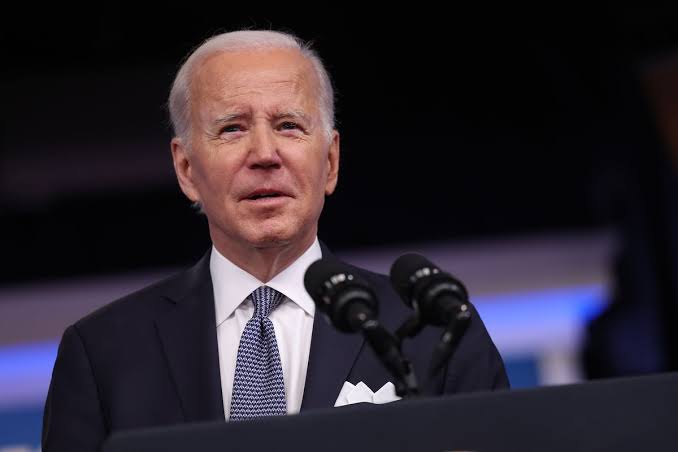In a decision that could potentially reshape the landscape of scientific cooperation between two global powerhouses, the Biden administration has chosen to temporarily extend the U.S.-China Science and Technology Cooperation Agreement (STA). This landmark agreement, which has stood as the cornerstone of collaborative scientific endeavors for over four decades, faced an uncertain fate as tensions between the United States and China continue to rise. The extension, although brief, offers a unique opportunity for both nations to engage in high-stakes negotiations that could determine the future of research partnerships and intellectual property protection.
Tensions Escalate as Biden Administration Seeks Extension
In a bold move, the Biden administration has chosen to tread a precarious path by seeking a brief extension to the longstanding U.S.-China Science and Technology Cooperation Agreement (STA). The decision comes as a response to mounting pressure from Republican lawmakers, highlighting the fragility of scientific collaborations between the two global powerhouses amidst their escalating tensions.
The Delicate Balance of Renewal and Negotiation
The U.S.-China Science and Technology Cooperation Agreement, a pivotal pact that has shaped scientific cooperation since 1979, hangs in the balance as its expiration date looms. Rather than committing to a conventional five-year renewal, the administration’s choice to extend the agreement for a mere six months speaks volumes. This strategic decision offers a unique window for bilateral negotiations, potentially paving the way for strengthened intellectual property protections and addressing simmering issues.
Global Ramifications of a Potential Collapse
The collapse of this landmark agreement would reverberate through global scientific circles, further deteriorating already strained U.S.-China scientific collaborations. With relations between the two nations fraying, the research landscape has become a battleground for supremacy. Educational alliances have felt the strain, and academic exchanges have been stifled. As the agreement’s future teeters on the edge, Chinese researchers are increasingly considering options beyond American shores, potentially hastening a shift in the global scientific landscape.
In the throes of ever-increasing tensions, the Biden administration’s choice to maintain a thread of cooperation through a brief extension could shape the destiny of scientific collaborations between the United States and China. The coming months will bear witness to intense negotiations and pivotal discussions, as the world anticipates whether this partnership can be revitalized, and with it, the promise of shared scientific advancement.















